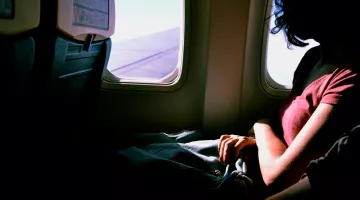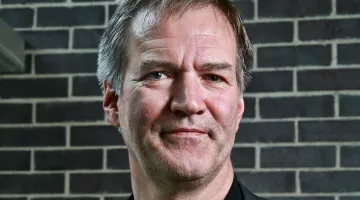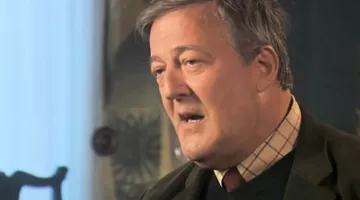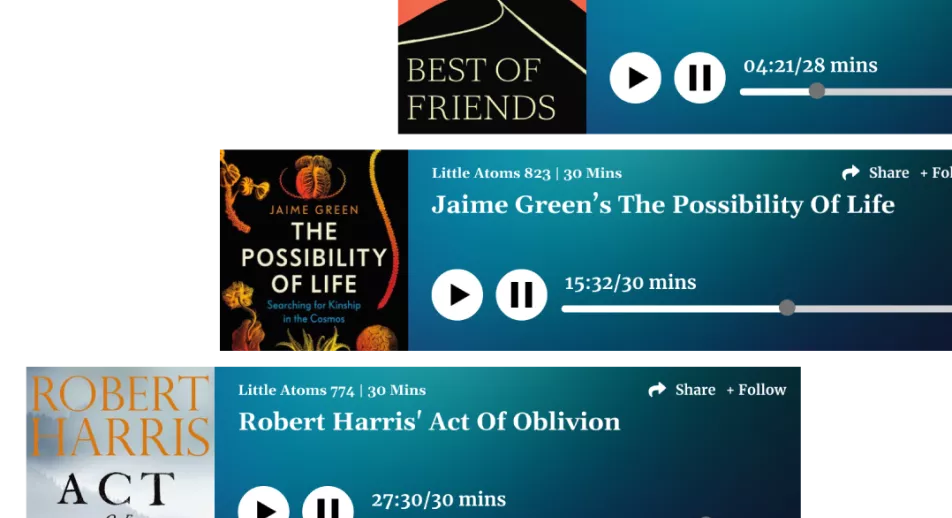Irishness, the changeling in the cradle
Who owns your identity?

Today’s celebration of stage Irishness comes with an unusual element – a US president making no pretence of Irish roots.
Enda Kenny, the Taoiseach, traveled to the White House on Thursday to meet a new president whose most notable nod to the Irish-American community during his campaign was some inappropriate talk at the Al Smith fundraising dinner in front of New York’s Irish Catholic establishment.
The president, a teetotaller of notoriously infantile palate (as the menu at the Trump Tower restaurant testifies), is unlikely to have reached for the bittersweet comfort of a pint of Guinness to mark the occasion, and the Taoiseach’s special pleading for “undocumented” Irish migrants in the US probably fell on deaf ears, in spite of the supposed strong representation of Irish Americans in Trump's inner circle. His cursory “I love Ireland, I’ll be there” when asked if he’d be visiting the country was a tad insipid from a man from whom overstatement is his everyday manner.
That is not to say Trump is unengaged in Ireland: he is, we know, very interested in planning permissions for his golf course in County Clare, even if he does seem to think that all Irish local planning applications are run via Brussels. But this is purely transactional: the president of America can’t even be bothered lying to us, or at least lying to us with the vigour with which he lies to everyone else.
This leaves Irish people with an interesting dilemma: should we stop playing to type - a type largely created in the United States in the first place?
People born on the island of Ireland have always had a complex relationship with “Irishness”, an idea we don’t always feel confident we fully own: the Patrick’s Day Parade is an imposition, a backward projection onto the island from those who had left or never been there in the first place. The dominance of the aforementioned Guinness in the country’s image globally makes some feel like we are essentially the cast of a beer advert. We latch onto the stereotypes (drunk, poet, drunk poet) while simultaneously rejecting them.
One of the stranger Irish folk beliefs is the idea of the changeling. Fairies – who in Irish folklore tend to act with unswerving menace toward humans – are said to kidnap a person and leave a doppelganger fairy in their place to cause havoc for the people around them. As late as 1895, a woman named Bridget Cleary was burned to death by her husband who accused her of being a fairy.
Irishness, imposed from outside can sometimes feel like a fairy changeling, a perverse approximation – close enough to seem familiar to our own experiences identity, but still foreign and troublesome.
Keeping up the Irishness act, in large part, was about placating our Irish-American cousins. It would not do to shatter their illusions, to disturb their nostalgia for a place that never really existed anywhere, when everyone from Henry Ford to Gene Kelly was sending dollars our way. De Valera famously spent a large part of the War of Independence raising money for the cause in the United States. At the other end of that, a large part of the credit for the current peace on the island can be credited to the Clinton administration’s interest in resolving the issue.
But is now the time to repackage Irishness for sale in new markets? The Brexit vote has served to heighten many Irish people’s sense of themselves as Europeans, engaged in a project and an outlook far removed from the twinkling Tin Pan Alley package.
The bitter irony is that for much of Europe, we are seen through the prism of the Irish pub, ubiquitous across the continent, and bearing much more similarity to the Irish-American bar than anything found in the old country.
Are we to be eternally bedevilled by our own changeling identity?




